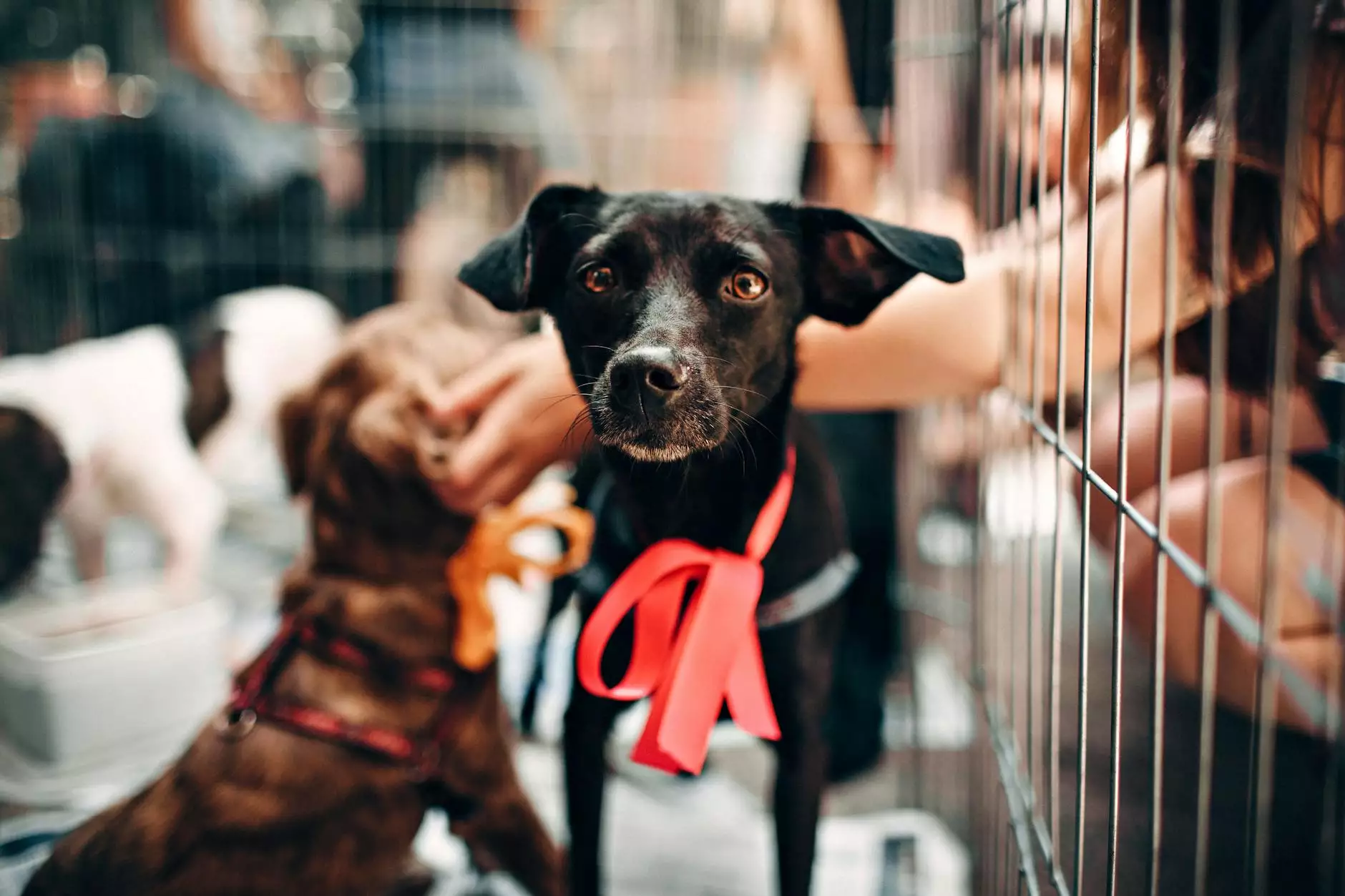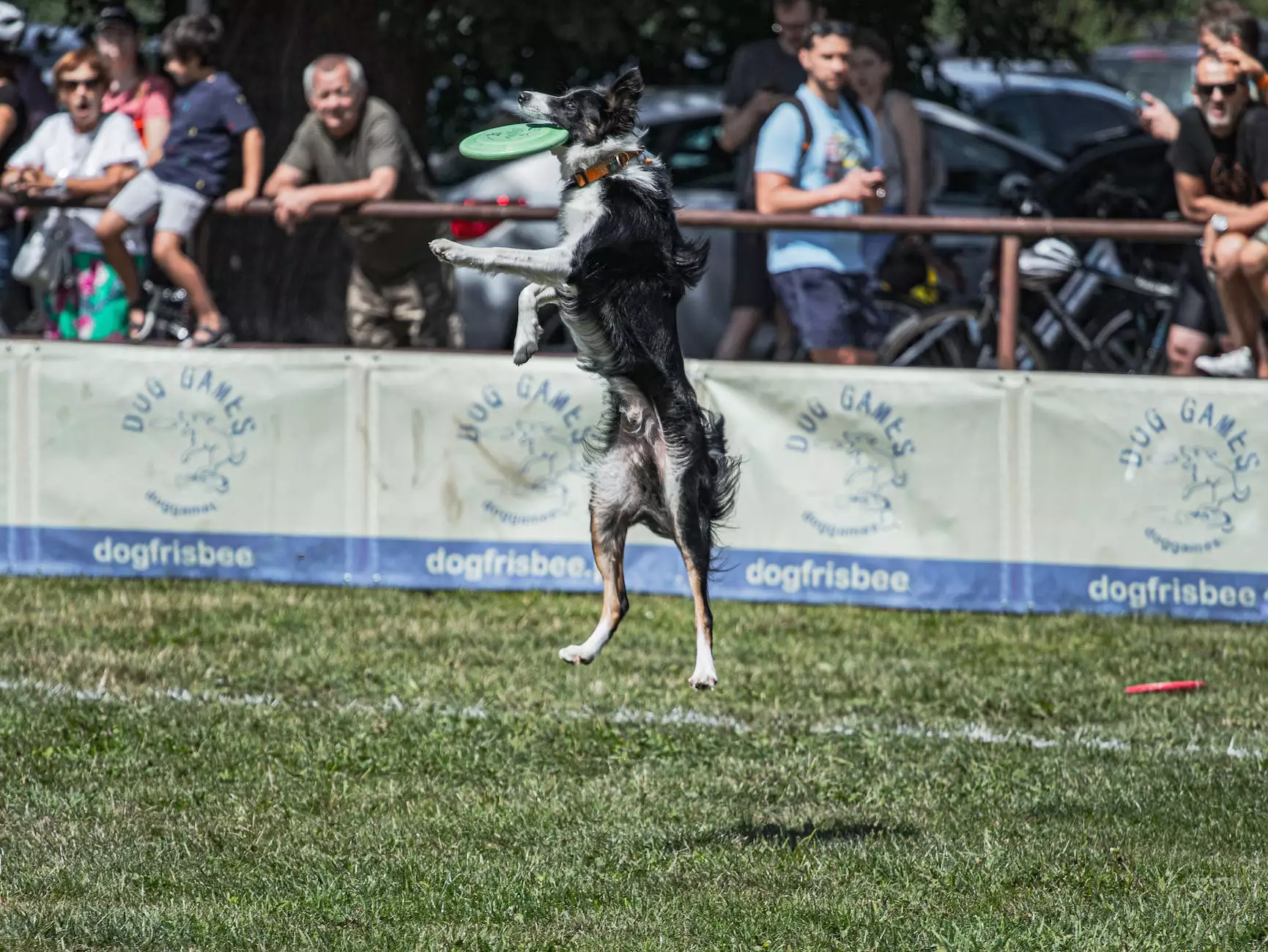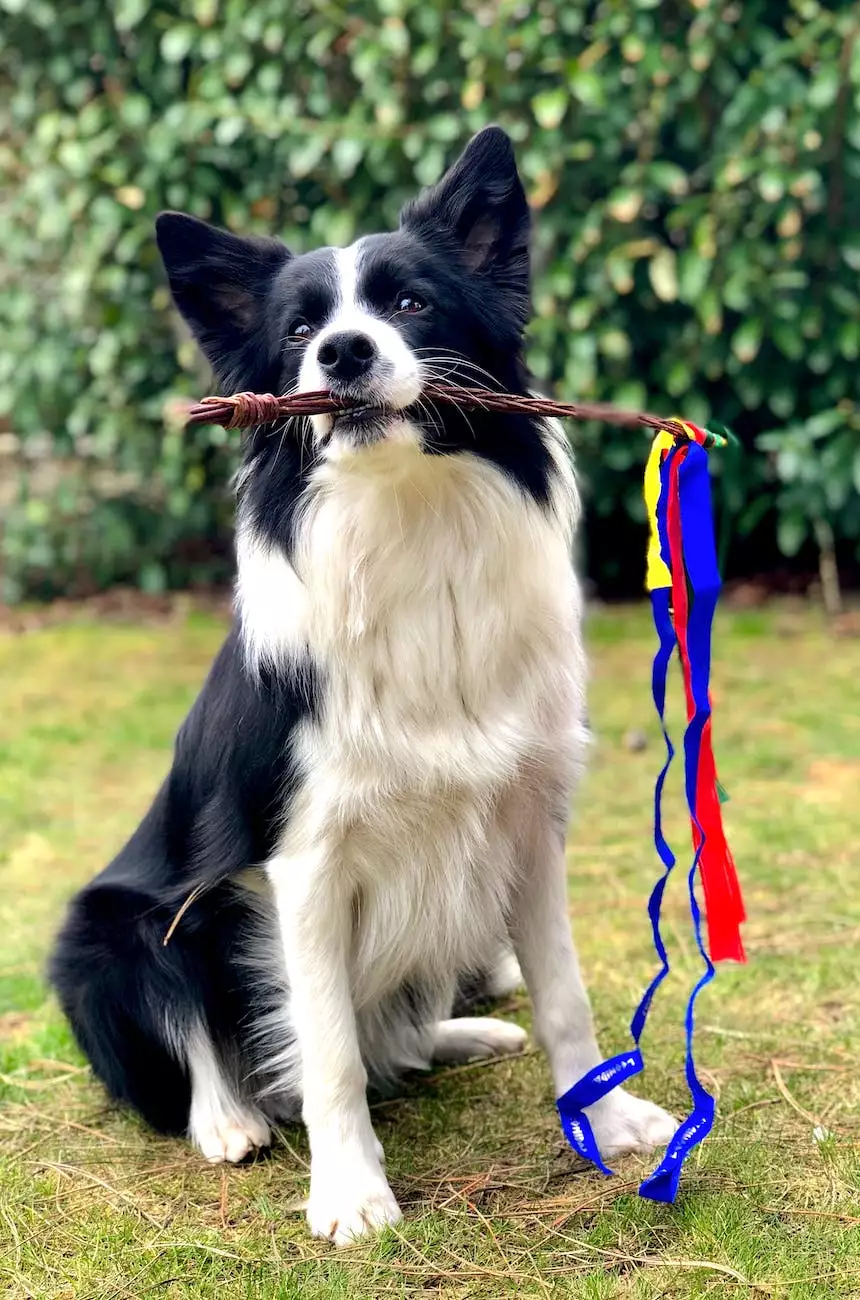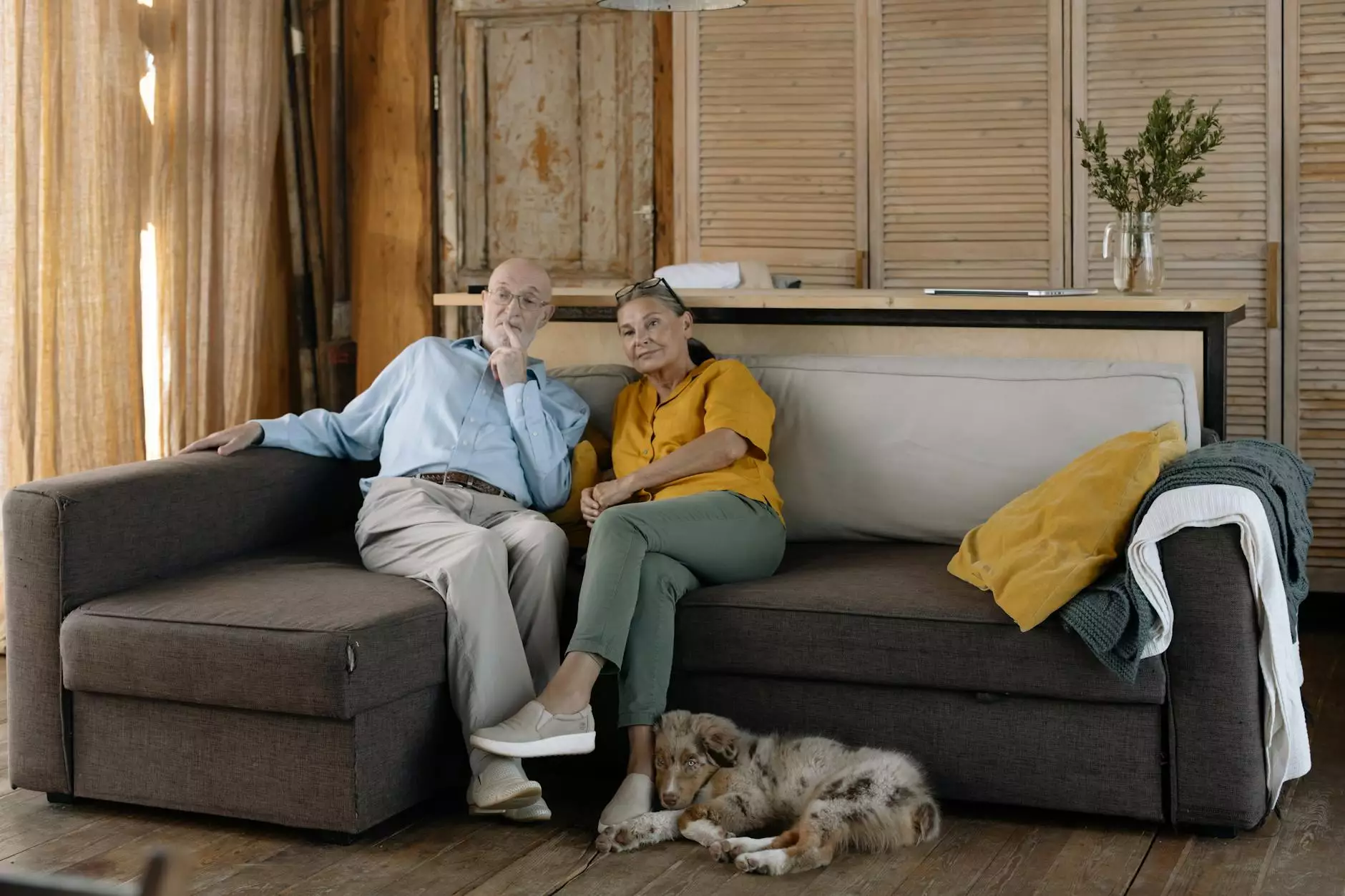Every time my dog starts barking, we have to give him treats to shut him up. What should we do?
Dog Care
Are you struggling with a dog that barks incessantly and worry that using treats to keep them quiet might lead to weight gain? Don't fret! The Upbeat K9 is here to provide you with effective strategies and guidance to manage your dog's excessive barking without solely relying on treats.
Understanding Excessive Barking
Dogs communicate through barking, and it's essential to recognize that some degree of barking is completely natural. However, persistent barking can be an issue, and it's important to address it appropriately.
When your dog barks excessively, it could indicate boredom, anxiety, fear, attention-seeking behavior, or a territorial response. To tackle the problem effectively, it's crucial to identify the underlying cause.
Addressing the Underlying Cause
Before resorting to treat-based solutions, it's essential to understand why your dog is barking excessively. The Upbeat K9 recommends a comprehensive approach to address the root cause, which may include:
- Training and socialization: Proper training and socialization can help your dog develop self-control and reduce anxious or reactive behaviors leading to excessive barking. Our expert trainers can guide you through effective training techniques.
- Mental and physical stimulation: Dogs need regular mental and physical stimulation to prevent boredom, which can lead to excessive barking. Engage your dog in interactive play, provide puzzle toys, or consider enrolling in stimulating activities like agility training.
- Creating a calm environment: Establish a peaceful and calm environment for your dog. Reduce external stimuli, provide a comfortable and secure space, and consider calming aids such as pheromone diffusers or calming music.
- Identifying triggers: Observe your dog's behavior closely to identify specific triggers that lead to barking. Once you have identified the triggers, work on desensitization and counter-conditioning techniques to help your dog overcome fear or anxiety associated with those triggers.
Positive Reinforcement Techniques
While treats can be useful tools in dog training, it's important to use them strategically and not rely solely on food rewards to manage excessive barking. The Upbeat K9 focuses on positive reinforcement techniques that go beyond treats:
- Verbal praise: Dogs thrive on positive verbal cues and praise. Use a happy and calm voice to acknowledge and reward your dog when they exhibit desired behaviors like being quiet or responding to commands.
- Clicker training: Clicker training is an effective way to communicate with your dog. By pairing the sound of a clicker with rewards, you can shape positive behaviors and gradually reduce excessive barking.
- Redirecting their focus: Distract your dog from barking by redirecting their attention to an alternative behavior or activity. For example, teach them a "quiet" or "place" command to redirect their focus onto something else.
- Incremental rewards: Gradually reduce the frequency and amount of treats used for desired behaviors. Replace treats with other rewards like extra playtime or affection. This helps your dog learn that appropriate behaviors lead to positive outcomes.
Consistency and Patience
Remember, managing excessive barking requires consistency, patience, and time. Dogs learn through repetition, so it's important to be consistent with training techniques and reinforce positive behaviors consistently. If you're unsure about the best approach, consider consulting with a professional dog trainer who can provide personalized guidance for your specific situation.
At The Upbeat K9, we believe in providing comprehensive solutions tailored to your dog's needs. Our experienced trainers are here to support you in addressing your dog's excessive barking without solely relying on treats. Together, we can help your furry friend find their voice while maintaining a healthy and balanced lifestyle.










